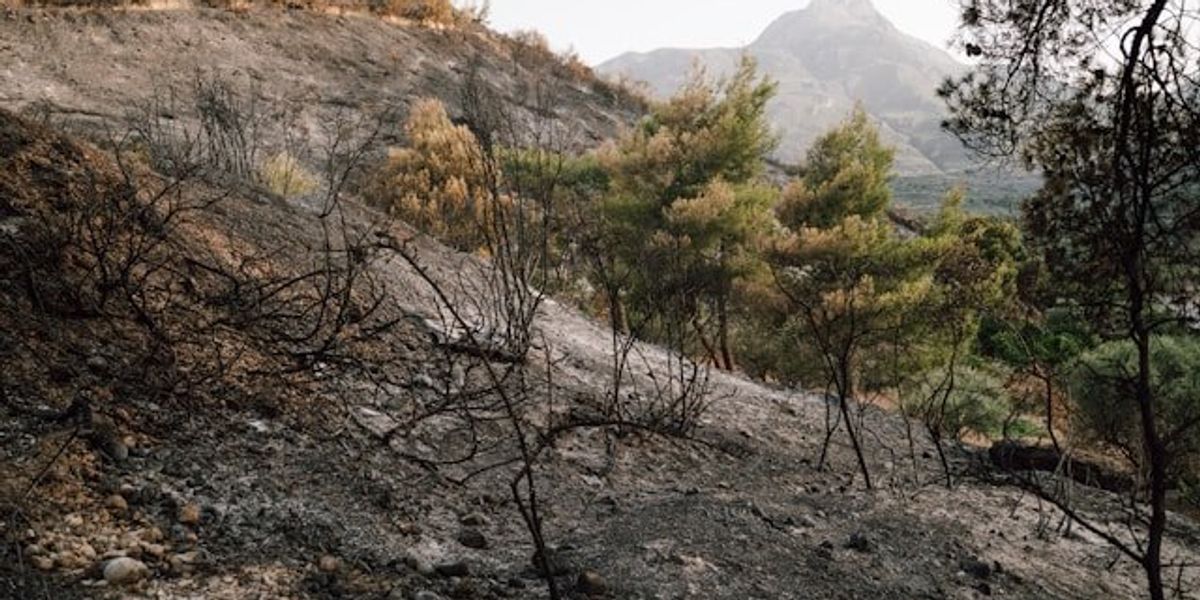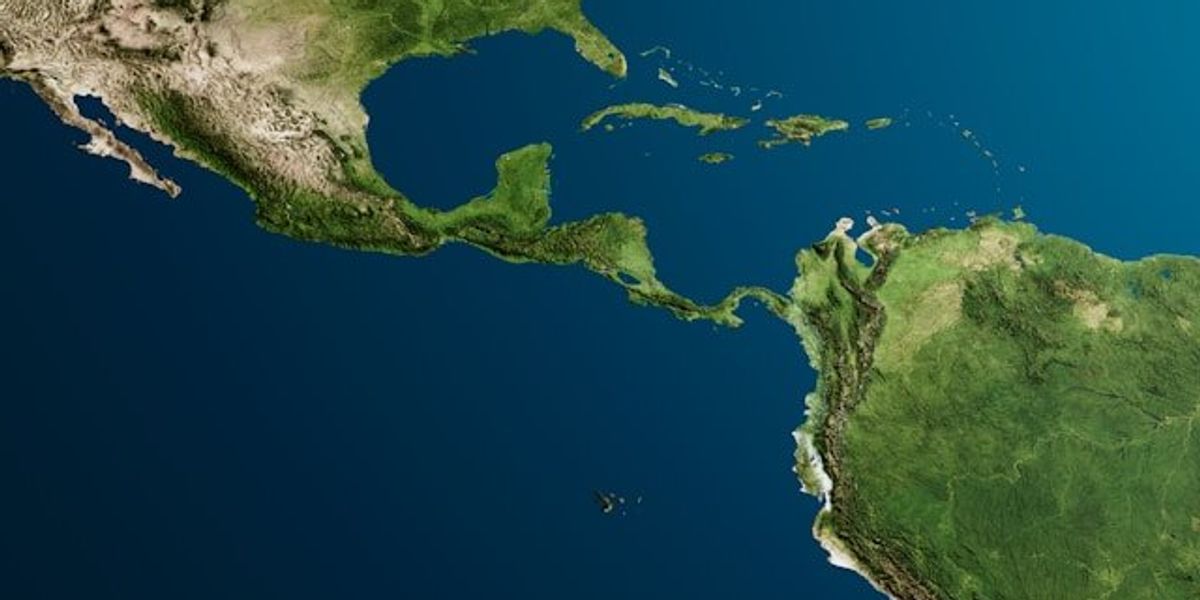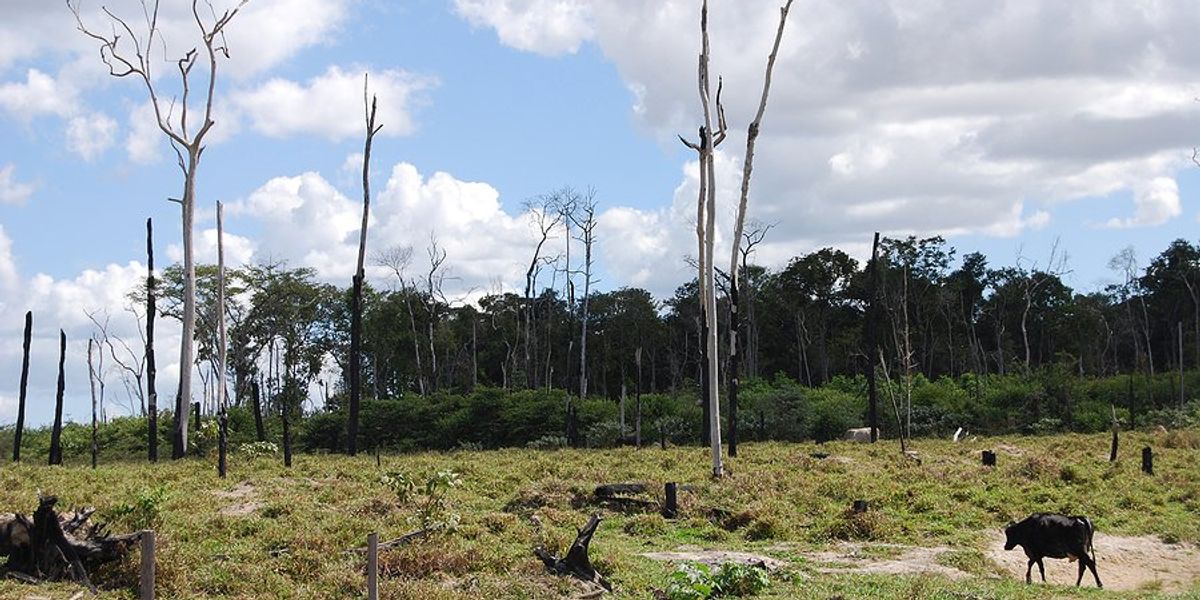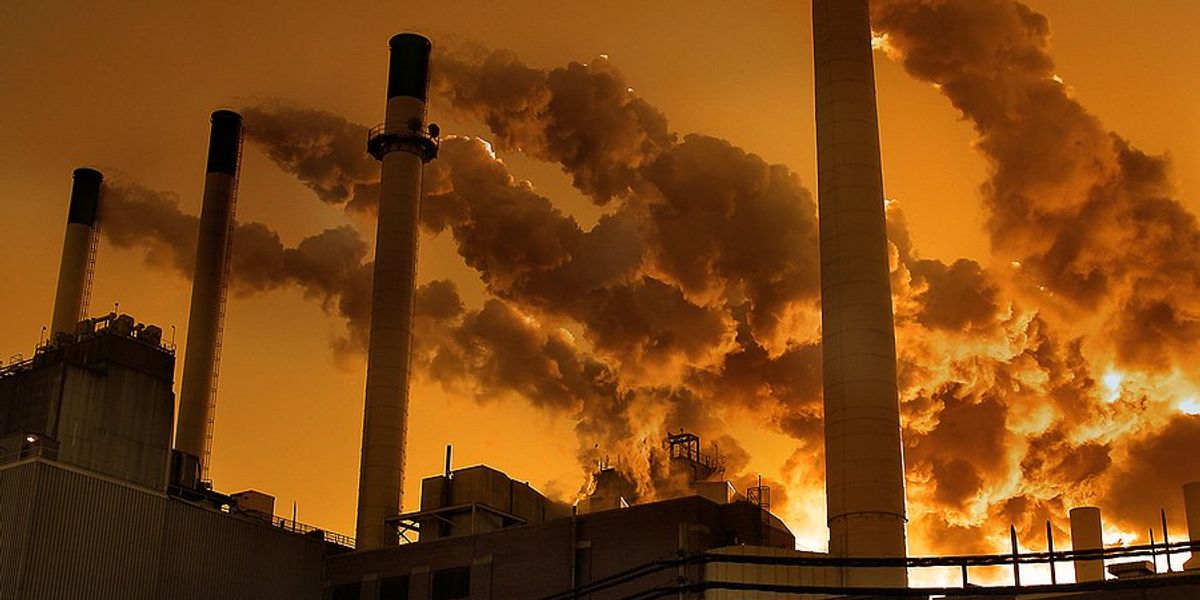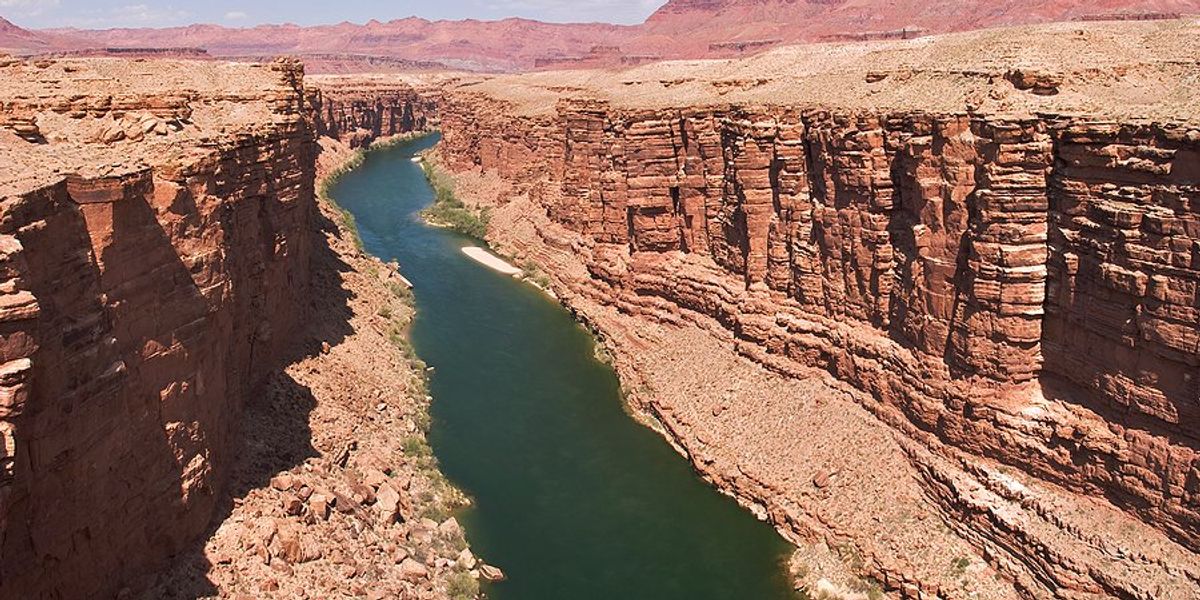New Mexico wrestles with risks and costs of reusing fracking wastewater
New Mexico lawmakers are weighing whether to treat and reuse toxic fracking wastewater as the state faces worsening drought, but environmental groups warn that current technology can't guarantee public safety.
Shi En Kim reports for High Country News.
In short:
- In 2024, a fracking wastewater geyser erupted in Toyah, Texas, highlighting the dangers of orphaned wells and the growing challenge of managing "produced water" across the Permian Basin.
- New Mexico has considered treating this wastewater for off-field uses like data center cooling, but environmental groups argue the chemical mix is too complex and poorly regulated to ensure safe reuse.
- A 2025 proposal to fund produced water treatment was scaled back and ultimately blocked, amid protests, cost concerns, and unresolved questions about long-term health risks.
Key quote:
“It should be the industry’s responsibility to clean up that produced water.”
— Rachel Conn, deputy director of water conservation organization Amigos Bravos
Why this matters:
Fracking wastewater poses serious environmental and health risks, especially in arid states like New Mexico where water scarcity makes unconventional reuse proposals more tempting. This wastewater often contains radioactive substances, heavy metals, and trade-secret chemicals that evade regulation. Even advanced treatment can’t fully remove all contaminants, and some may not be detectable with current tests. If reused water enters the environment or groundwater, it could affect ecosystems and public health in ways we don’t yet understand. As fossil fuel production continues and drought intensifies, pressure to repurpose produced water grows — but so do the dangers of rushing into policies that might trade one crisis for another.
Related: Fractured: Harmful chemicals and unknowns haunt Pennsylvanians surrounded by fracking

